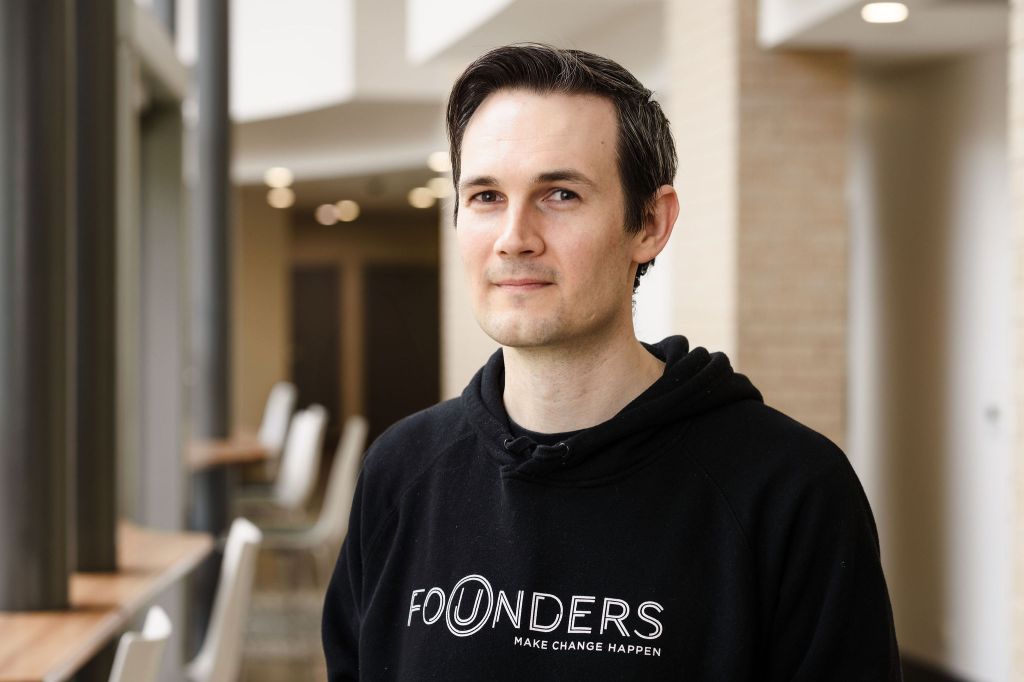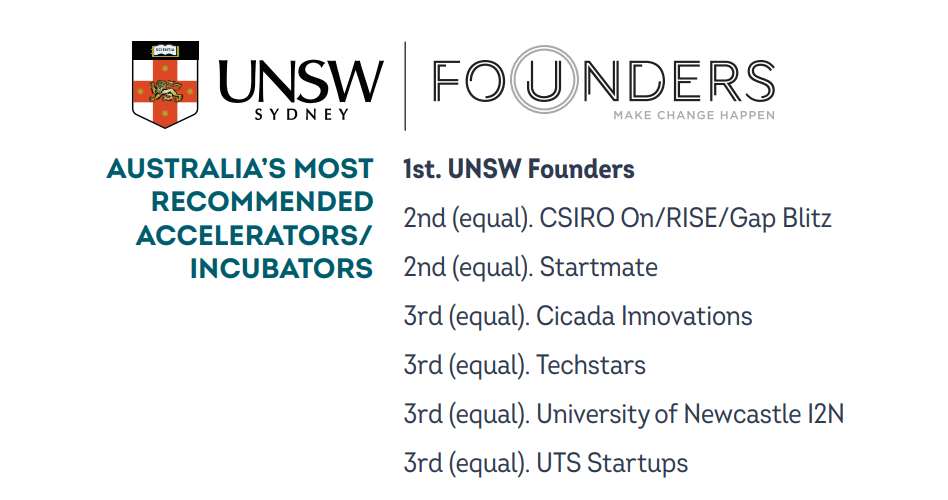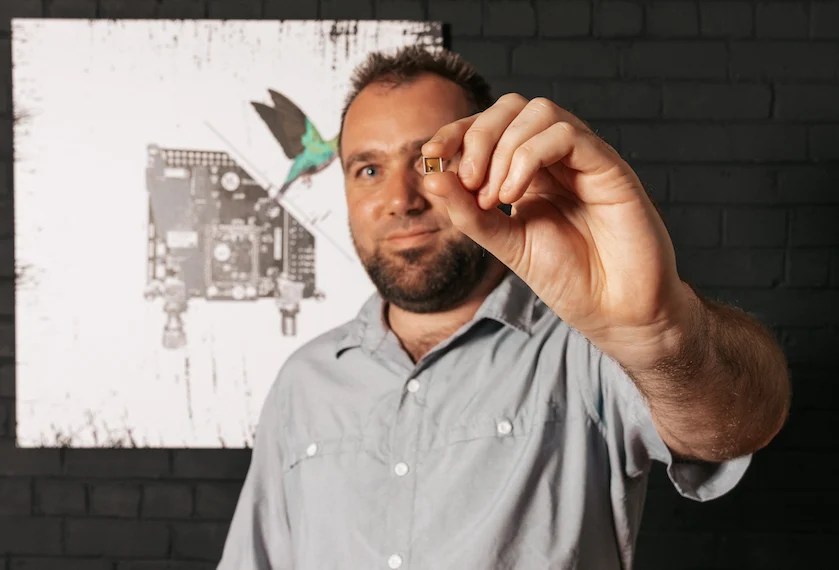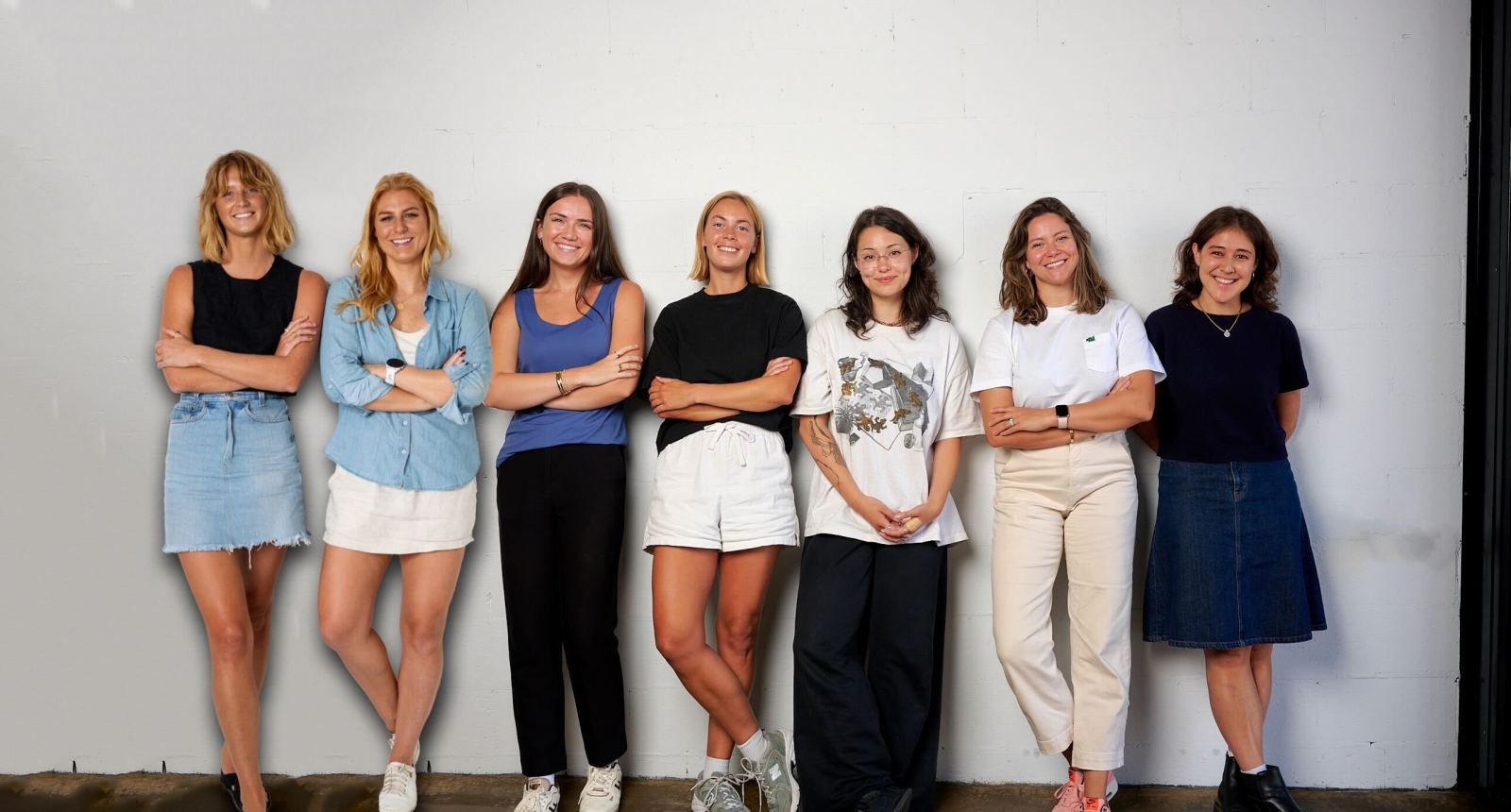The Sydney-based program is Australia’s best incubator/accelerator according to the 2024 Startup Muster report. Here’s what makes it so impactful.

In September, UNSW was named Asia-Pacific’s ‘Entrepreneurial University of the Year‘ by the Triple E Awards. This month the 2024 Startup Muster report named its Founders program the best incubator/accelerator in the country.
“In 2024 we gifted $589,000 in non-dilutive cash to founders and through the 10x Accelerator we invested just over $3.5M into 24 startups,” the head of entrepreneurship at UNSW Founders, David Burt, tells Forbes Australia.
When asked what sets the program apart from other incubators, the former CSIRO Innovation manager points to the unique structure and network of UNSW Founders.
“It’s free and fully funded through philanthropy, making it accessible to anyone with a great idea,” says Burt.
“Thriving entrepreneurial ecosystems need more than just knowledge and resources – they require a supportive community where people can learn, grow and bounce back from setbacks together. They also need a safe space to experiment, fail and try again, backed by mentors and peers who offer guidance and share experiences.”
How to push entrepreneurialism forward
To maximise Australia’s entrepreneurial potential, Burt says philanthropic support and knowledge transfer from founders who have been in the trenches, is essential. Further governmental and policy support is also required, he says.
“Innovation policies in Australia have suffered for a long time from the revolving door of ministers who don’t appreciate the need for stability in economic development programs, creating an environment of ambiguity and ultimately putting a handbrake on growth,” says Burt.
“In contrast, the United States’ Small Business Innovation Research (SBIR) program has remained largely unchanged since its introduction in 1982 – surviving eight presidential administrations. This stability has instilled confidence in US startups, allowing them to rely on the program as a dependable resource.”
Accepting failure as a part of the entrepreneurial process is also key, says Burt, who moonlights as the non-executive director of Sydney-based robotics startup Phyllome.
“To stay competitive, we need to tackle challenges like risk-averse mindsets, a tech talent shortage and the “brain drain” of entrepreneurs heading overseas,” says Burt.

What ‘Founders’ offers
According to the Founders initiative, 50,000 people and 1,000 startups have received free support since 2017. Each year, more than 500 ideas are unearthed, and $3 million of investment is put into startups. $175 million has been raised by accelerator program alumni so far.
The 10x Accelerator is a 10-week full-time program that has assisted 130 startups since its inception seven years ago. There is also an annual pitching competition with a cash prize of $20,000, called the Peter Farrell Cup.
Startup success stories to come out of UNSW Founders include:
- Thomas Brunskill and Pasha Rayan: Forage (10x accelerator alumni 2017)
- William Crowe and Hiranya Jayakody: HEO Robotics
- Michele Stansfield: Cauldron Ferm
- Heba Khamis: Contactile
- Nick Nicolaides and Hayden Smith: Pearler
Atlassian founders and former co-CEOs Scott Farquhar and Mike Cannon-Brookes are UNSW alumni, Burt notes, but they graduated before Founders was established. Airtasker founder Tim Fung also graduated from UNSW and is an active community member of Founders.

Donors are invaluable and facilitate free programs for founders. Burt states that the financial support of Peter Farrell, Michael Crouch, Chris Baxter, Maha Sinnathamby, and Dr Wong Fong Fui has been crucial.
“Building a strong ecosystem is an ongoing process with no finish line, but community-driven programs like UNSW Founders and partnerships between industry and universities can help close the gaps,” says Burt. “With continued ambition and the right support, Australia has what it takes to become a top global entrepreneurial hub by 2030.”
Look back on the week that was with hand-picked articles from Australia and around the world. Sign up to the Forbes Australia newsletter here or become a member here.


